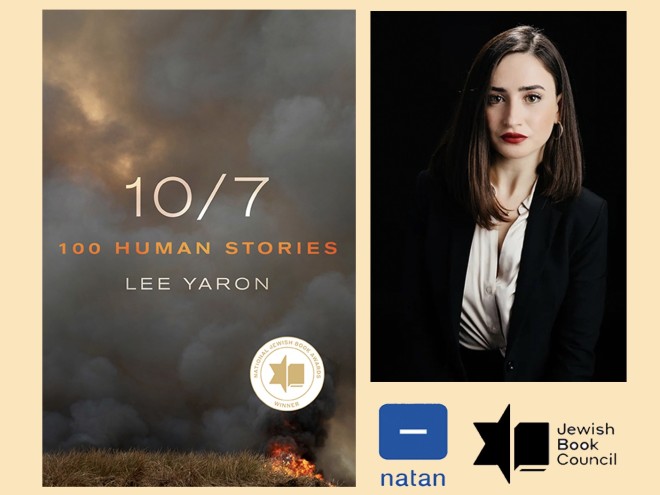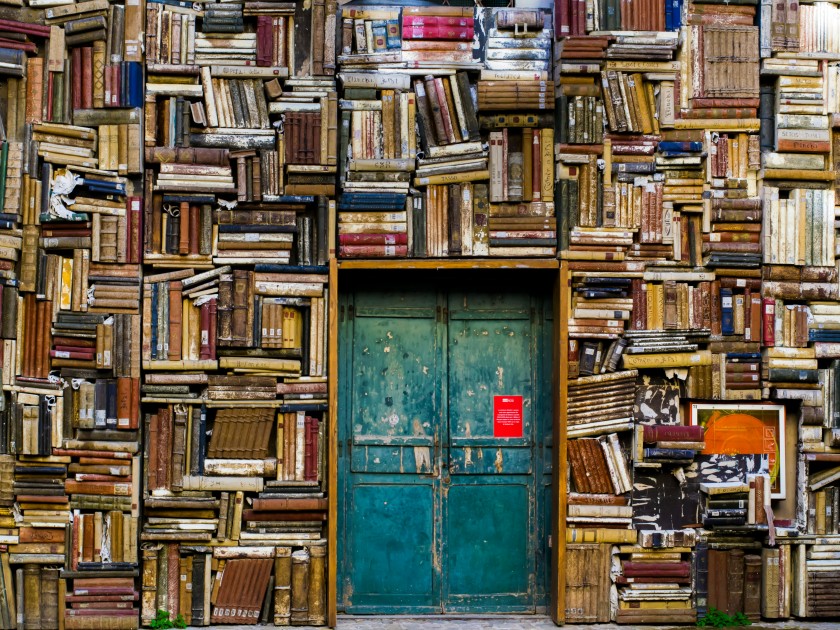
Photo by Eugenio Mazzone on Unsplash
This past year in the US, we’ve seen censorship on a level we thought we’d left behind decades ago. Book events canceled, online harassment, boycott lists. Each day, we hear more stories of books being banned in schools, book clubs, even bookstores, for a variety of reasons. Our authors have been on the front lines, and Jewish Book Council is there to support them. September 22 to 28 marks Banned Books week, and it feels all the more salient this year for Jewish authors.
Ask Jewish readers about influential books they read growing up, and two that come up almost immediately are Maus by Art Spiegelman and The Diary of a Young Girl by Anne Frank. They have deeply impacted how we view our history. They also happen to be two impactful Jewish books about the Holocaust that have been banned from some classrooms in the US. So many books are singled out, for a myriad of reasons. But these stories — complex and thought-provoking — are how we grow to understand experiences different from our own, or perhaps finally see ourselves reflected in literature. They can help us learn empathy, critical thinking, and acceptance.
Jewish Book Council was born out of the belief that people should learn about the communities that they are not part of. Fanny Goldstein instituted Jewish Book Week in 1925 with the goal to educate and encourage acceptance. Jewish Book Week eventually became Jewish Book Month, which we celebrate the month before Hanukkah (this year’s celebration begins on November 24). Books create connection, a way to empathize with people all around the world without leaving your room. This Jewish tradition of the written word — now thousands of years old — encourages us to question everything we know and embrace learning something new.
This Banned Books week, pick up that book sitting at the back of your bookcase — that book you have always been curious about, but neglected to read since it was something different from what you normally gravitate towards. You never know what incredible stories you might stumble upon.
Here are a few highly recommended Jewish Banned Books to read this week, or anytime. You can find our full Jewish Banned Books reading list here.
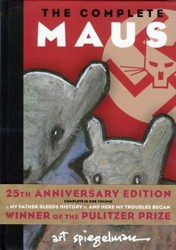
Maus by Art Spiegelman
Maus is a graphic novel duology chronicling the Holocaust experience of the author’s father, Vladik. Through drawing and writing, Spiegelman explores his father’s traumatic past, all while working through their relationship in the present. By drawing Jews as mice and the Nazis as cats, Spiegelman shows the animalistic and brutal nature of the world his father describes. This acclaimed work explores intergenerational trauma and its effects on familial relationships, while also capturing the grim realities of that trauma.
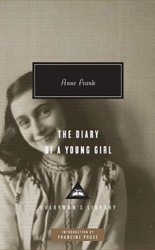
The Diary of a Young Girl by Anne Frank
Almost any young person, Jewish or not, has some kind of experience with reading this diary. It is the epitome of youth, of learning about the world, while also being faced with the unimaginable. Anne Frank and her family were forced into hiding from the Nazis, living in an annex with other families for years until they were eventually discovered. She documented everything, from life in the annex to her romantic crushes to her musings on the goodness of people. Though Anne was killed in a concentration camp, only a teenager, her spirit lives on through her powerful words.
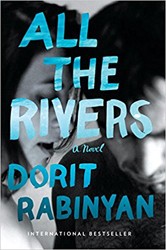
All the Rivers by Dorit Rabinyan
This novel explores the relationship between a Palestinian artist and an Israeli translator, both living in New York City. The characters fall in love, but struggle to reconcile the tensions between their respective identities. This book navigates the all-too-relevant conflict between Israel and Palestine, engaging in discussions of cultural identity, place, and the values we hold on to.
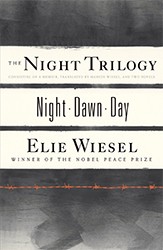
Night by Elie Wiesel
Another account of life during the Holocaust, Wiesel’s writing details his experience as a young child in Auschwitz and Buchenwald. His graphic and striking descriptions of the horrors he witnessed leave the reader feeling raw, painting a picture in their minds. Wiesel thought it essential to bear witness to atrocities and inhumanity, for the sake of the dead and the survivors; “for in the end, it is all about memory, its sources and its magnitude, and, of course, its consequences.”
Find our full Jewish Banned Books reading list here.



